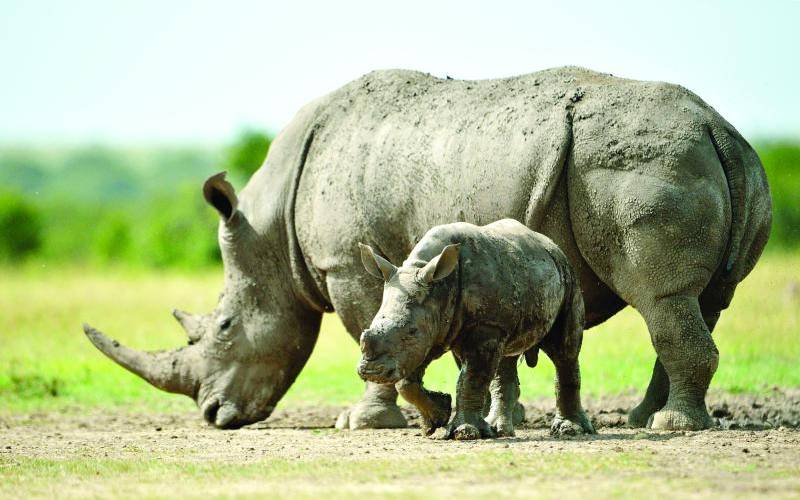×
The Standard e-Paper
Home To Bold Columnists

Efforts by stakeholders to prevent poaching of the critically endangered rhinos are bearing fruit after the country recorded zero cases for the first time in 20 years.